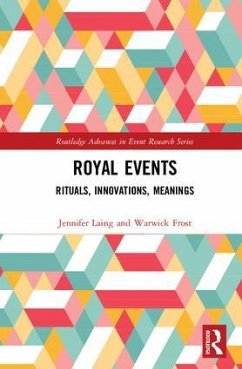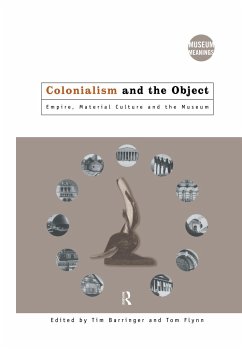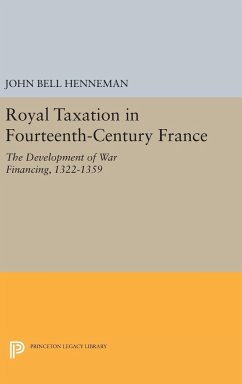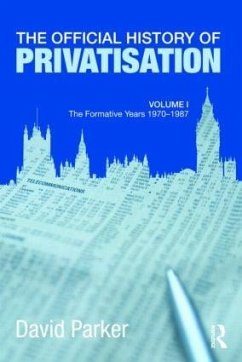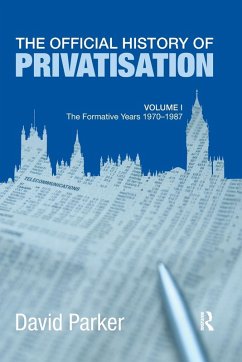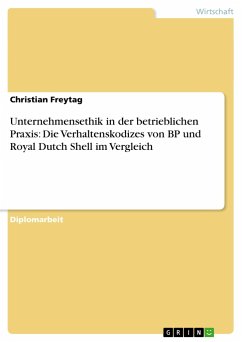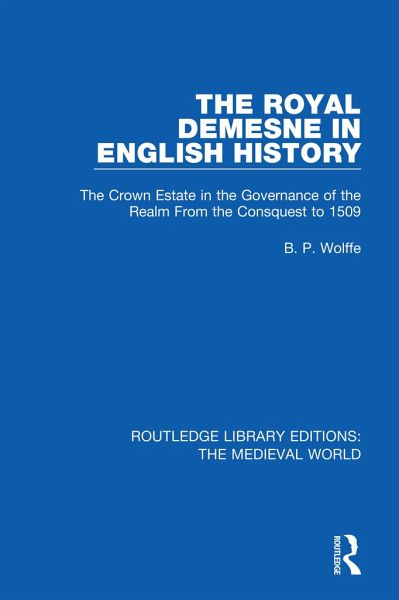
The Royal Demesne in English History
The Crown Estate in the Governance of the Realm From the Conquest to 1509
Versandkostenfrei!
Versandfertig in 1-2 Wochen
50,99 €
inkl. MwSt.
Weitere Ausgaben:

PAYBACK Punkte
25 °P sammeln!
Originally published in 1971, The Royal Demesne in English History shows how Norman and Angevin kings were able to regard the whole of their English kingdom as their royal demesne in the continental medieval sense. The book argues that only through the later loss of their continental possessions were they compelled to show interest in creating special royal estates within their English kingdom, and then only for the members of their families. The power of medieval English kings as landowners provides a constant theme of the highest political importance in the dispensation of royal patronage, b...
Originally published in 1971, The Royal Demesne in English History shows how Norman and Angevin kings were able to regard the whole of their English kingdom as their royal demesne in the continental medieval sense. The book argues that only through the later loss of their continental possessions were they compelled to show interest in creating special royal estates within their English kingdom, and then only for the members of their families. The power of medieval English kings as landowners provides a constant theme of the highest political importance in the dispensation of royal patronage, but not in the history of government finance. The book discusses how in the later stages of the cumulative creation of the royal family estates, did the idea gain currency in England, that an endowed and inalienable royal landed estate ought to form the basis of monarchical stability and financial solvency. This book forms an interesting and detailed look at the development of the medieval monarchy in terms of land and ownership.






